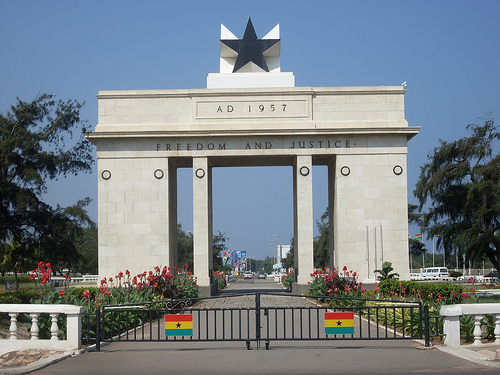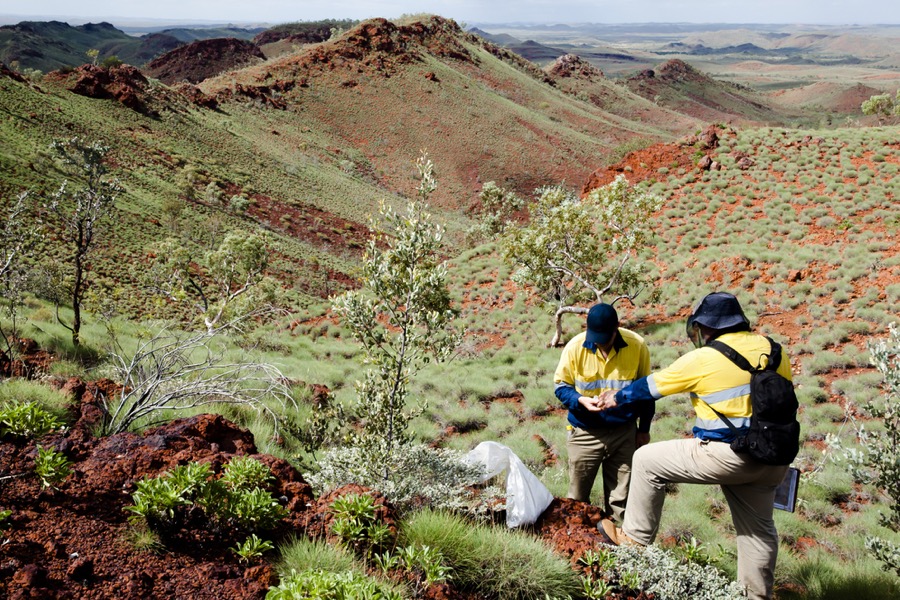Know The Host Country

About Ghana
Ghana is ideally positioned, at the centre of the West African coastline and always accessible by land, air and sea via modern road transport, airport and sea facilities. Proximity to American and European markets gives cost and time advantages, which are generally enhanced by the duty free access of manufactured exports to the United States (under AGOA – African Growth and Opportunity Act) and the European Union.
BASIC FACTS
Ghana – the closest land area to the centre of the world – is bordered on the north by Burkina Faso, on the west Cote D’Ivoire, on the east by Togo and on the south by the Gulf of Guinea.
Formerly known as the Gold Coast, Ghana became independent from British rule on March 6, 1957 and was the first African nation south of the Sahara to gain independence. Its colourful history is interspersed with power struggles between the 15th and 19th centuries among European nations such as Portugal, Holland, Sweden, Denmark and Britain, all seeking to dominate the rich land endowed with gold.
Ghana’s history, culture, folklore and natural attractions make it a fascinating holiday destination with great potential for high-quality, low-density tourism. The country has been aptly described as “a bird watcher’s paradise, an eco-tourism haven, a cultural delight, a heritage lover’s passion and an adventurer’s dream”. It is also a known fact that Ghanaian people are great lovers of music, dance and soccer.
Ghana offers many tourist attractions such as castles and forts, beaches and lakes, wildlife parks and mountain trails. These attractions along with Ghanaian hospitality and excellent personal security conditions, contribute to the good quality life enjoyed by those working and living in the country.
The Black and White Volta Rivers enter Ghana from Burkina Faso and flow into the 2nd largest man-made lake in the world (in terms of surface area), Lake Volta. The Volta Lake is used to generate electricity, provide inland transportation, irrigation and is a potentially viable resource for fish farming. Many lakes and river systems dominated by the Volta Basin offer good potential for hydro-electric power facilities.
There are rich marine fishing reserves in the Atlantic Ocean and offshore deposits of hydrocarbon and natural gas.
